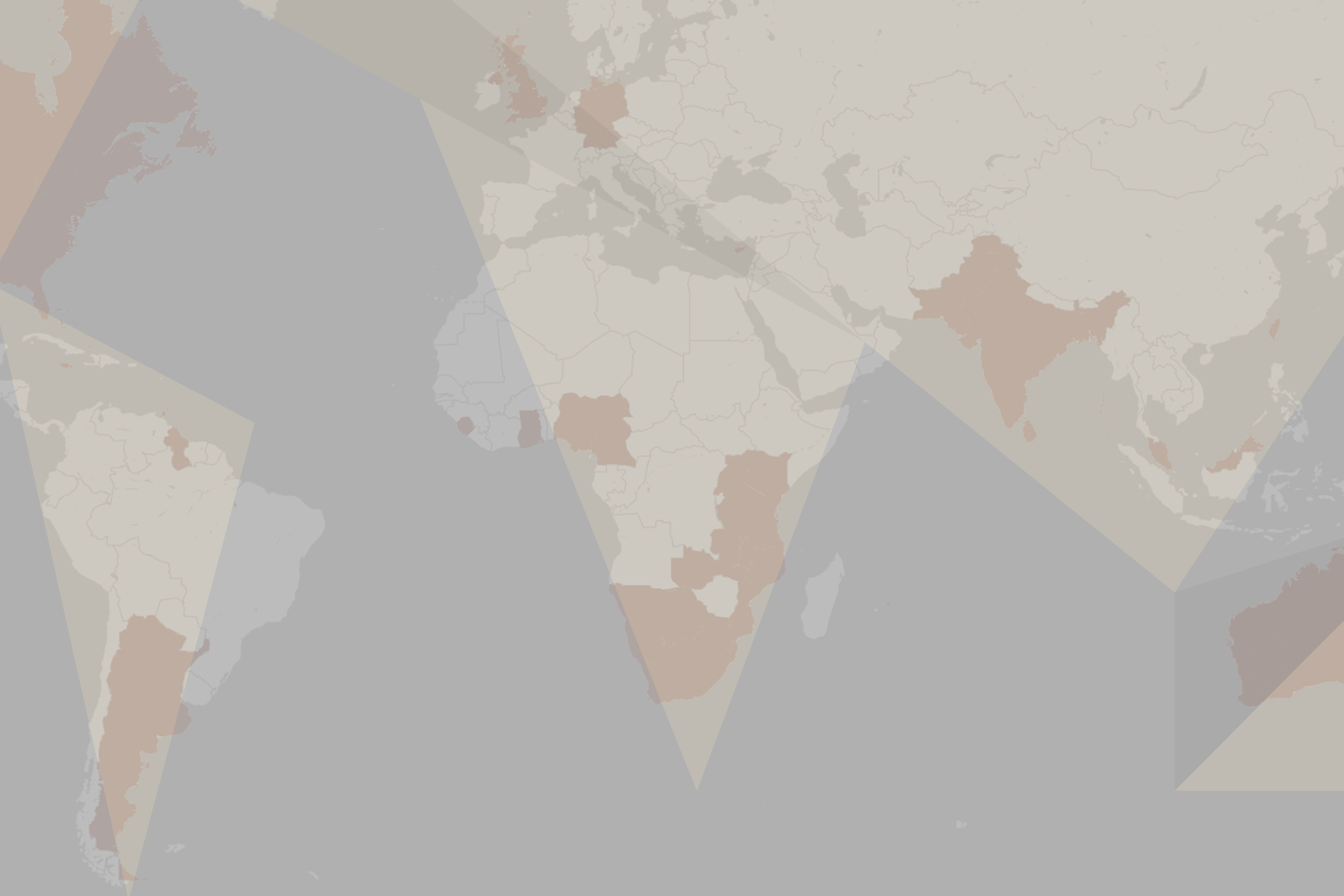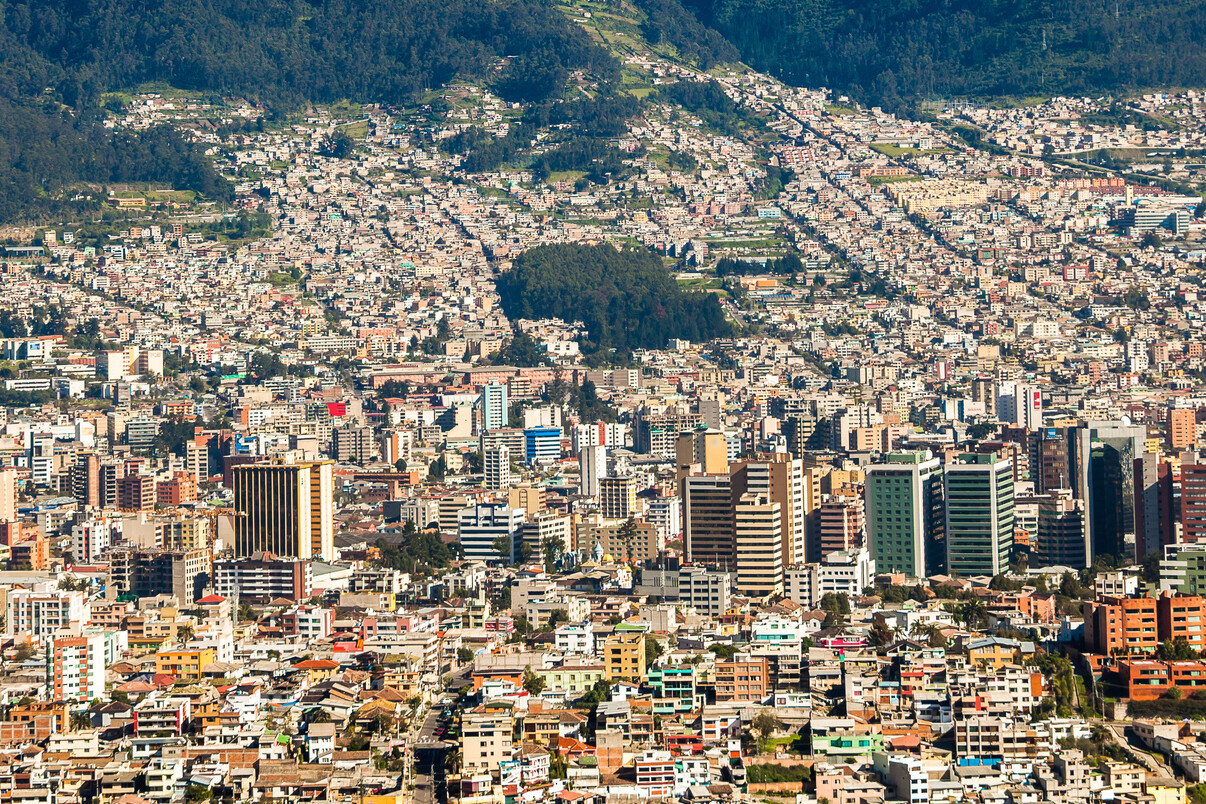As the coronavirus pandemic takes its toll, governments around the world are taking steps to curtail media freedom, just as the public need it most.
At the end of March, the Public Media Alliance called on governments to not use the coronavirus pandemic as an excuse to curtail media freedom and the ability of journalists to hold power to account.
Since then, a crescendo of calls have been made by media freedom advocates worldwide reiterating the fact that access to accurate, fact checked and critical information is absolutely essential in the fight against COVID-19.
It is feared that the pandemic is being used by many administrations as a reason to crack down on journalists and implement sweeping restrictions on the right to access information, free expression and a free media under the guise of tackling so-called “fake news”.
For many, it seems, the virus and its lockdowns are the perfect excuse to silence critics, avoid scrutiny and allow rights violations to go unabated.
Free and independent journalists and media are essential to keeping the public informed by amplifying lifesaving health information, instructions and coping strategies. But they are also indispensable to ensuring that the public are critically aware of the steps that their representative governments are taking to combat the virus.
In our first statement on 27 March, we highlighted the global nature of our concerns with examples from Brazil, Hungary, Malaysia, Singapore, South Africa and the US. Now, as restrictions become more widespread, regional trends are setting in. Below you can find just some of the restrictions being implemented across Central and Eastern Europe, and Sub-Saharan Africa.
According to the International Press Institute, media freedom across Europe is suffering under government responses to COVID-19. In Hungary, a bill allowing its President, Viktor Orbán, to rule by decree has been passed. This includes laws that criminalise the spreading of “false” or “distorted” information as defined by the state, with fines and even prison terms for offenders.
Similar emergency laws have been passed in Romania, where websites can be removed with no opportunity for appeal, while FOI requests can now take up to 60 days. Such laws not only restrict the ability of journalists to effectively hold power to account but can also inspire a culture of self-censorship.
Meanwhile in Bulgaria, the government is attempting to pass a draft bill that would criminalise all forms of “false information” spread online. If found guilty, media owners could potentially face up to three years in prison.
In Serbia, the government introduced a ruling which gave it de facto monopoly on the distribution of information about coronavirus. Even though the law has been suspended due to an outcry over the arrest of journalist Ana Lalić following a critical report on the lack of protection for nurses at a regional hospital, she could still be fined and imprisoned for up to five years. Furthermore her sources may have been compromised due to the seizure of her equipment according to RSF.
As in Hungary, there have long been concerns about media capture in Poland and a decline in independent news outlets. Currently this is playing out with regards to former-public broadcaster TVP not effectively holding the government to account. According to the European Journalism Observatory, TVP has been accused of political bias in its analysis of government led initiatives compared to those in cities or regions led by opposition parties.
While TVP has effectively been used as a mouthpiece for the state, Slovenia’s public broadcaster, RTVS, has faced a number of verbal attacks from the country’s government in recent weeks after it reported on a decision to raise the salaries of ministers and secretaries of state. In response, Prime Minister Janez Janša took aim at RTVS saying: “We pay you in these times to inform, not to mislead the public… there are too many of you and you’re too well paid.”
Last week, three of four government-appointed members of the broadcaster’s supervisory board were replaced prematurely, amplifying fears that more jobs could be lost at the hand of the state. The threats have drawn criticism from the EBU and OSCE, with fears that the independence of RTVS could be undermined.
More information to follow
Since the start of the Coronavirus crisis, media freedom watchdog, RSF, has registered a large number of press freedom violations in Sub-Sahara Africa linked to Covid-19. Many of these have taken place in Zimbabwe.
Last week, Zimbabwe’s President warned that anyone found to be spreading “fake news” about the pandemic could be imprisoned for up to 20 years. Several journalists have been arrested and harassed while trying to report during the country’s 21-day lockdown. In a statement Misa Zimbabwe emphasised the critical role of the media in the fight against the pandemic.
Meanwhile, state-run broadcaster, ZBC, has been sued by three organisations representing people living with disabilities for falling short of providing accessible information about the pandemic for people with visual or hearing impairments. The organisations call for the provision of sign-language interpreted information as well as captions during and after the lockdown.
There are also significant concerns that emergency regulations implemented in South Africa – seen widely as a bastion for free press in the region – to criminalise disinformation will inspire other countries to adopt more repressive rules and censor the press. Journalists have already been banned from reporting comments from medical professionals and “unofficial” sources according to VoA.
The approach adopted by the Tanzanian authorities has been to ensure that only information about the virus that is provided by the Ministry of Health – or senior government officials for further clarification – can be shared.
Tanzanian Prime Minister, Kassim Majaliwa, called upon the Tanzania Communications Regulatory Authority (TCRA) to monitor where “false news” is being shared and consider legal action if required. Three media organisations have already faced the brunt of these warnings and were all issued with fines and ordered to apologise for broadcasting supposedly “false and misleading information about Tanzania’s stance on Covid-19.” There is speculation that the fines were issued by the TCRA for a report criticising President John Magufuli for saying that churches should stay open as “coronavirus cannot survive in a church”.
This unfolds as WHO AFRO identified Tanzania as one of 13 high priority countries in the region for Covid-19 cases. UNESCO has launched a public education campaign in Tanzania to help with countering misinformation, addressing areas such as tackling hate speech and racism as well as the protection of journalists while reporting on the virus.
More information to follow
Header Image: Black keyboard with a coiled chain. Idea and concept for the topic of censorship or freedom of the press. Credit: Pavel Abramov/iStock
Related Posts
27th March 2020
Governments must not use coronavirus as an excuse to curtail media freedom
The Public Media Alliance urges…
19th March 2020
Letter: PMA calls on the government of Trinidad & Tobago to respect media freedom
Our letter to Trinidad & Tobago's High…


